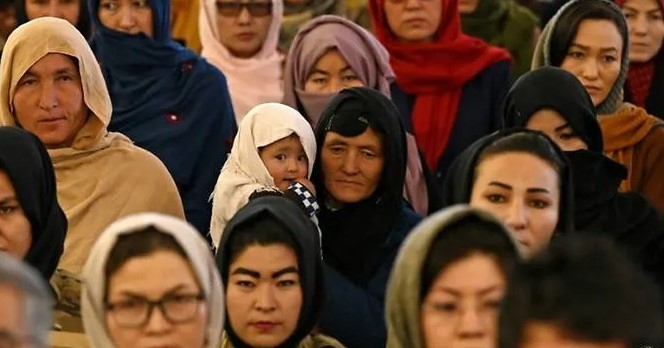Nearly 20 percent of Afghan women journalists have quit or lost their jobs in the past six months, a media watchdog group said Monday, as a wave of murders targeting the press has intensified in the war-torn country.
The Afghan Journalists Safety Committee said that more than 300 women had left the industry in recent months, citing the "wave of targeted killings" as one of the main reasons -- along with financial difficulties caused by the coronavirus pandemic.
The report comes as the world marks International Women's Day and less than a week after three female media workers from Enikass TV were gunned down by militants in the eastern city of Jalalabad in an attack claimed by the local Islamic State group affiliate.
Another woman working for the station was murdered in December. On Monday, Enikass said it had asked all remaining women staffers to stay home until security improves.
-I love journalism but I also love to live- Nadia Momand, a presenter at Enikass, told AFP.
-I'm not going to go out again unless they send me an armoured vehicle.-
-There is no protection for them- said Zalmai Latifi, the broadcaster's director.
-We also decided not to hire any additional women employees- he added.
The watchdog noted in a statement that "Afghanistan is celebrating International Women's Day this year at a time where security threats against journalists and media workers, especially women in the media, have intensified".
Journalists, religious scholars, activists and judges have all been victims of a recent wave of political assassinations across Afghanistan, forcing many into hiding and some to flee the country.
The killings have been acutely felt by women, whose rights were crushed under Taliban rule from 1996 to 2001 -- which included a ban on them working.
Intelligence officials have previously linked the attacks against women to demands at ongoing peace talks in Doha -- between the Kabul government and the Taliban -- for their rights to be protected.
The attacks come as speculation is rife over America's future in Afghanistan, after the administration of President Joe Biden announced plans to review the withdrawal agreement signed with the Taliban last year that paved the way for foreign troops to leave the country by May.
